I. Why “Die Jim Crow”?
Jim Crow began with a song.
In 1828, a white vaudeville actor named Thomas “Daddy” Rice first performed in blackface as a satirical African American slave character called Jim Crow. Rice’s tune “Jump Jim Crow” became a national sensation and blackface minstrelsy became America’s first form of mass entertainment.
By the 1830s, the term Jim Crow had become a pejorative to describe Blacks, and as legally-sanctioned segregation was institutionalized in the post-Civil War south, these laws were referred to as “Jim Crow laws.”
In 2010, Michelle Alexander’s seminal book The New Jim Crow traced the roots of the modern prison system all the way back to slavery, convict leasing, and Jim Crow laws, equating the American prison system to a modern day racial caste system.
Metaphorically, the figure of "Jim Crow" and the racism, segregation, stereotyping, and othering it entails underlie this system. We at DJC not only concur with Alexander’s thesis, we support and partake in the dismantling of said system.
Our weapon of choice is music.
II. How does payment for DJC artists work?
Regardless of our artist’s justice-impacted status, our model stays the same. We have an exclusive licensing agreement for the body of work an artist creates under DJC, meaning we do not sign the artist, but rather the project. In our licensing contract, the artist owns 100% of their masters for said project, and DJC retains license to exploit the record.
Artists receive gross royalties as opposed to net, a unique feature which provides financial support from the outset of revenue being generated. The revenue split is 60/40 – artist majority – and the merchandise revenue split is 50/50 (excluding vinyl, which is 75/25 – label majority).
For incarcerated artists, the access to their funds depends on which state they are serving time in, as different agencies have varying policies on administering royalties. We work with each state directly to ensure our artists are compensated legally as soon as possible.
III. Do you accept unsolicited submissions from artists who have been or are currently in prison?
No. We currently do not have the capacity.
IV. How do you find artists?
For formerly incarcerated artists, we contact them directly. However, the bulk of our artists are currently incarcerated, and in these cases, access to a prison always comes first. Once access is granted, we identify Project Directors within the facility.
V. How are you funded?
At this stage, being that we do not generate large amounts of revenue from our projects, we are mostly funded through donations and grants. Your support is greatly appreciated and keeps us running! Click here to donate.
VI. Qoes DJC not work with certain individuals based on their criminal convictions?
No. We strongly encourage our team to work with formerly and currently incarcerated artists of all backgrounds regardless of their criminal conviction. At DJC, we believe that no person is defined solely by their past actions. Denying artists — who have proven to be serious and team-worthy despite their past — would go against our value of representation. In the rare instance that a conflict does arise between team member and artist, we seek ways to resolve this conflict and/or explore other ways for these parties to contribute where they feel comfortable. Read more about our Values.
